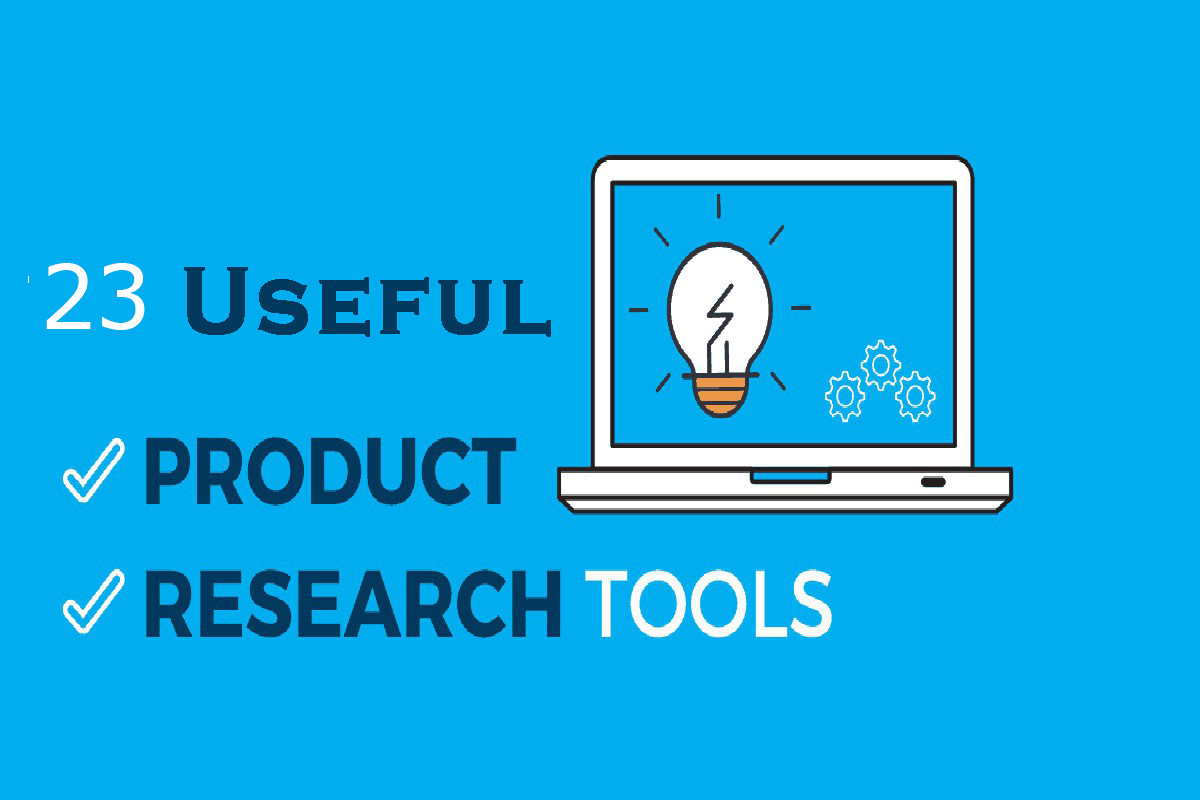
The hospitality industry is currently one of the fastest growing sectors in the world. The industry has seen significant growth over the past decade. In 2004, the industry employed 7.8 million people. It generated $338 billion in turnover. The World Travel and Tourism Council (WTTC) estimates that the global hospitality industry will contribute 8.6 trillion USD to the global economy in 2022. The industry is currently in the midst of a huge digital transformation. External forces can also affect the industry. External forces are also affecting the industry, such as the energy crisis that has seen the cost of living soar.
While the hospitality industry continues to grow, there are many problems. One of the biggest challenges facing the industry is supply chain issues. These issues can result in customer disappointment and could also impact the business' reputation. The industry's supply-chain problems can be caused by a variety of factors including price volatility (undulating demand) and uncertainty.

Many industry associations offer certification programs for people interested in the hotel industry. These organizations offer courses that could help improve your job prospects. You can also get a certificate that you can add to your resume. One example is the American Hotel & Lodging Association. This organization supports the American Hotel & Lodging Association. They also offer educational resources, networking opportunities, and other useful information.
The four major categories of the hospitality industry are: transportation, food and drinks, accommodation, and recreation. Some of these industries may be interrelated. You might find a hotel that also operates a restaurant and has staff that offers other services. In addition, some small businesses may focus on one aspect of the hospitality industry.
The hospitality industry is growing quickly, but it can be difficult to find work. You may be required to work irregular hours or receive low wages depending on your job. There may be limited career opportunities. You will need to build a strong work ethic as well as learn how to multi-task. Aside from that, you must be able and willing to adapt to customer needs. Additionally, you will need to be familiar with marketing and revenue strategies.
The energy crisis is affecting the hospitality industry. The global energy crisis is a perfect storm of factors. Specifically, limited global resources are struggling to meet energy demand. Social distending also has impacted major airlines. It has also been negatively affected by border restrictions. Tourism has also been negatively affected by border restrictions.

The hospitality industry is experiencing a series of changes to meet consumer sentiment. In addition, new technologies and customer mindsets are affecting the industry. These trends demand that people learn new skills such data analytics, customer focus, and agility. The creation of new job profiles is also a possibility. These include content marketing specialists, asset management, and data scientists.
FAQ
What is the impact of technology on fashion?
Technology is becoming a key tool for shoppers to shop and purchase clothes. Consumers use their smartphones and tablets to compare prices and browse different stores. Sometimes this involves using apps to scan products and get instant feedback from other shoppers.
This is especially true if you are looking for unique or difficult-to-find clothes. Online shopping has made it easy to find designer goods. And thanks to online retailers, you no longer need to visit physical stores to purchase your favorite brands.
What's the impact of technology in the fashion industry? There are many changes.
We are witnessing a shift away physical stores to digital ones. eCommerce is also becoming increasingly popular.
But we are also witnessing changes in how customers interact with retailers. They will shop any time, anywhere. But they will still like to feel special when shopping in a store.
Retailers are adapting to new ways of engaging customers. So, for example, they offer mobile payment systems that allow shoppers to pay while they shop. Apps are also available that enable shoppers to search for new items in the store.
Shoppers are also becoming more demanding. They are more than content to browse through catalogues and websites. They want to try things out firsthand. Retailers are opening pop up shops, hosting events and launching popups to offer shoppers the chance to try new products.
How will the Fashion Industry change by 2022?
We anticipate that the fashion industry will continue to grow in 2022. The pace of change is picking up, as we've seen in recent years.
Technology is disrupting everything from how we communicate to how we travel, from how we buy products to how we consume content.
It's growing faster. We predict artificial intelligence (AI), will be used for almost every aspect in life by 2022.
From personal assistants like Alexa and Siri to self-driving cars and smart homes. AI will transform industries across the board, including fashion. It will enable designers and consumers to design beautiful clothes through 3D printing.
How will the COVID-19 change consumer behavior?
Everyone knows that people are purchasing less right this moment. However, this doesn't mean that they won't spend more money on themselves in the future.
You should go shopping now if you're planning to. It is possible that you will find shopping enjoyable than ever.
You still have options, even though there might not be as many people at malls. Remember to be safe and follow the social distancing guidelines.
Make sure to wash your hands frequently. That simple step can help prevent the spread of coronavirus.
Now that you've seen some trends shaping retail's future, let's take a closer look at what's happening.
Statistics
- As experts quabble over the official call, most consumers are already experiencing economic uncertainty: 52% say their household income is unstable, up 36% from three months ago, and 73% have either reduced or maintained their overall spending levels. (junglescout.com)
- While 19% of respondents state they didn't travel in the past two years, other families' favorite experiences included: domestic travel (19%), beach resorts (12%), road trips (11%), international travel (10%), staycations (7%), camping (6%), and more.1 (americanexpress.com)
- 56% of respondents stated they held off on traveling for major entertainment events last year, but have plans to return to these events this year.1 (americanexpress.com)
- OTC Medicine 57% Beauty & Personal Care 52% Vitamins & Dietary Supplements 51% Home & Kitchen 47% Top retailers where consumers are shopping in 1. (junglescout.com)
- Just 5% of consumers expect to wait until December to begin shopping, while more than 70% said they'd start before Thanksgiving. (junglescout.com)
External Links
How To
Which trends will affect the travel industry?
The world is constantly changing and so is our way of doing business. For example, we mean more than just the internet when we speak of the digital revolution. Technology is driving innovation across all industries and affecting us all.
In the years to come, the industry will undergo many changes. Here are five key areas where the industry will continue to evolve:
-
Customer Experience
-
Technology
-
Mobile
-
Social Media
-
Connectivity
These are just a few of the many trends that will influence our lives. Let's take a closer look at each of these areas.
Customers are becoming increasingly savvy and demanding when it comes to booking holidays. Accenture estimates that by 2020, tourists will spend $8 trillion worldwide on holiday travel. Brands must make customers feel valued throughout their holiday experience and invest heavily in customer services.